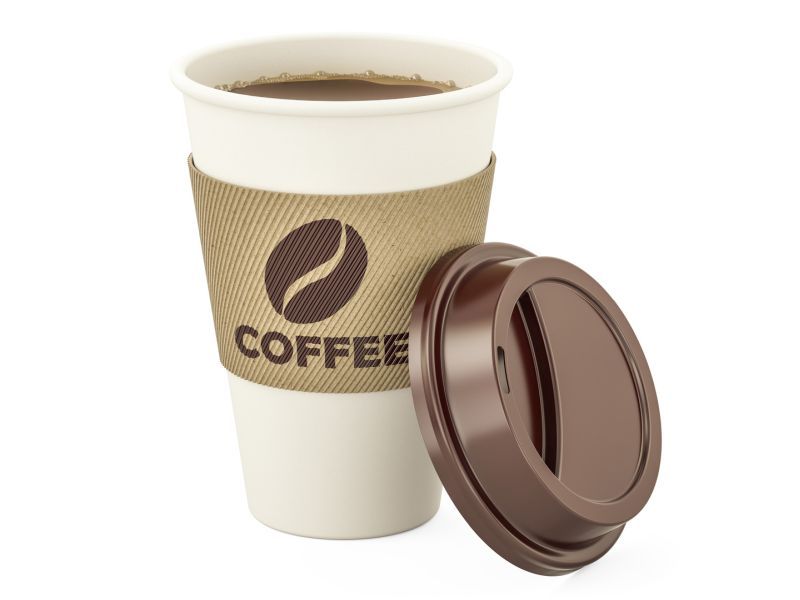TUESDAY, June 4, 2019 (HealthDay News) — Sudden withdrawal from coffee and cigarettes can trigger symptoms that mimic serious disease, leading to unnecessary tests in hospital intensive care units, a new review concludes.
“Nicotine and caffeine are some of the most commonly used and highly addictive substances in modern society, but they are often overlooked as a potential source of significant withdrawal symptoms when abruptly discontinued in ICU,” said review leader Dr. Maya Belitova. She’s an associate professor at Queen Giovanna University Hospital in Sofia, Bulgaria.
Belitova noted withdrawal symptoms, including nausea, vomiting, headaches and delirium, can last for up to two weeks.
“These symptoms resemble conditions such as meningitis, encephalitis and intracranial hemorrhage — this may confuse clinical diagnosis and result in unnecessary tests which can cause patient harm, cost a lot of money, and waste time,” she said in a European Society of Anesthesiology news release.
Belitova and her team reviewed 12 studies that examined withdrawal symptoms and treatment in 483 adult ICU patients.
They found that nicotine withdrawal substantially increased agitation (64% for smokers versus 32% for non-smokers), and related displacement of tracheal tube and intravenous lines (14% for smokers versus 3% for non-smokers).
The researchers also found that nicotine substitution therapy contributed to a severe confusion and disorientation dubbed “ICU delirium.” It’s associated with prolonged intubation, a longer hospital stay and increased risk of death.
The study also found that caffeine withdrawal in ICU patients led to drowsiness, nausea, vomiting, headaches and increased rates of ICU delirium. Caffeine benzoate has been successfully used to treat headaches, but researchers said there is limited evidence of its effectiveness in the ICU.
Their findings were presented in Vienna this past weekend at the annual meeting of the European Society of Anesthesiology. Research presented at meetings is typically considered preliminary until published in a peer-reviewed journal.
“ICU patients may benefit from nicotine substitution or caffeine supplementation, but with little evidence for their effectiveness, this should be left up to the judgment of treating physicians,” Belitova said.
More information
Smokefree.gov has more on nicotine withdrawal.
Copyright © 2026 HealthDay. All rights reserved.

